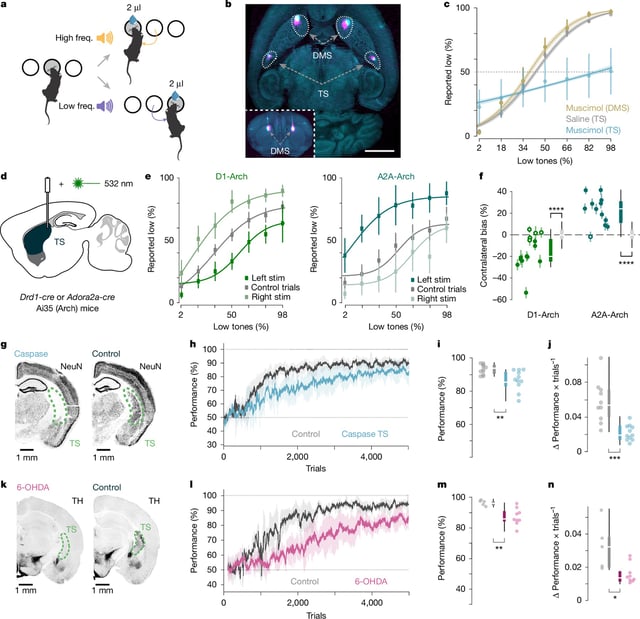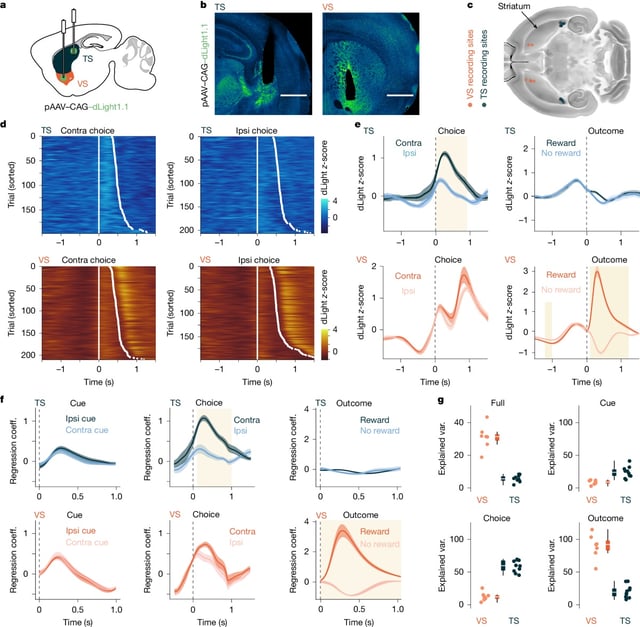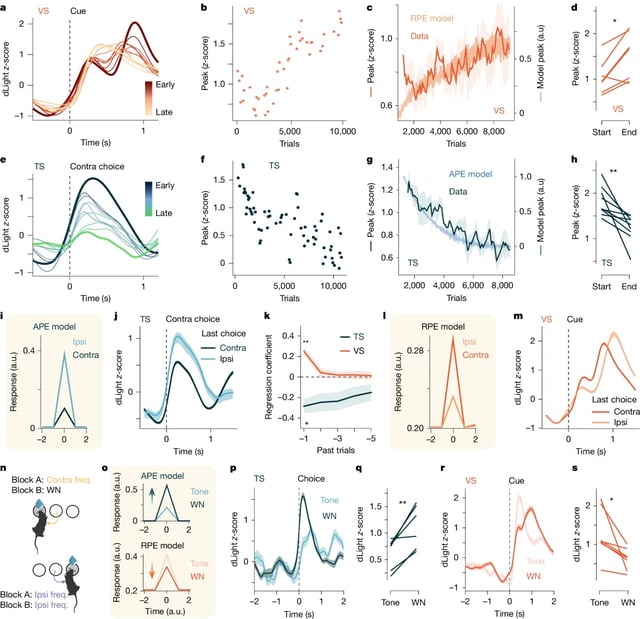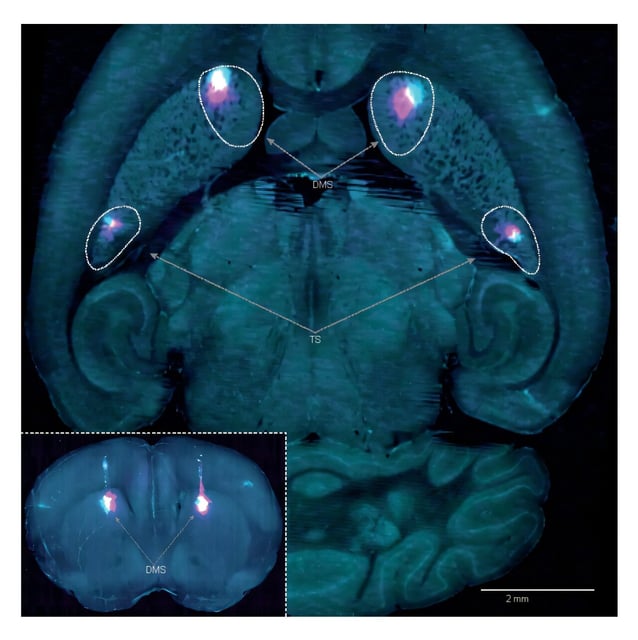Overview
- Scientists at UCL's Sainsbury Wellcome Centre uncovered a dual learning system in the brain: reward prediction error (RPE) and the newly identified action prediction error (APE).
- APE signals, localized in the tail of the striatum, are critical for habit learning and operate separately from RPE, which governs value-based decision-making.
- Lesion experiments in mice demonstrated that APE is essential for the rapid development of habitual actions, while its absence limits learning to slower, value-based processes.
- The findings provide a new framework for understanding habitual behavior and suggest potential therapeutic targets for addressing addictions, compulsions, and Parkinson’s-related deficits.
- Ongoing research aims to further explore how APE contributes to habit maintenance and its potential role in developing treatments for neurological and psychiatric conditions.



